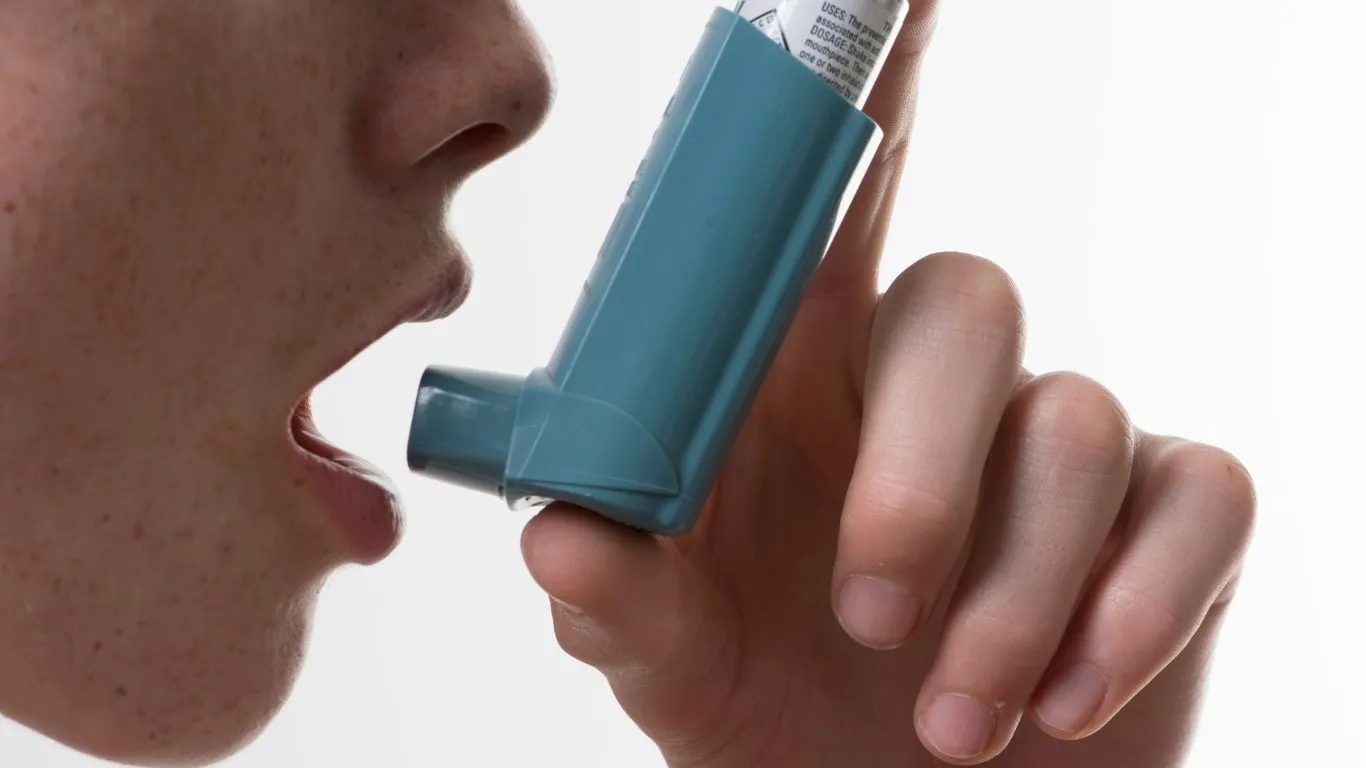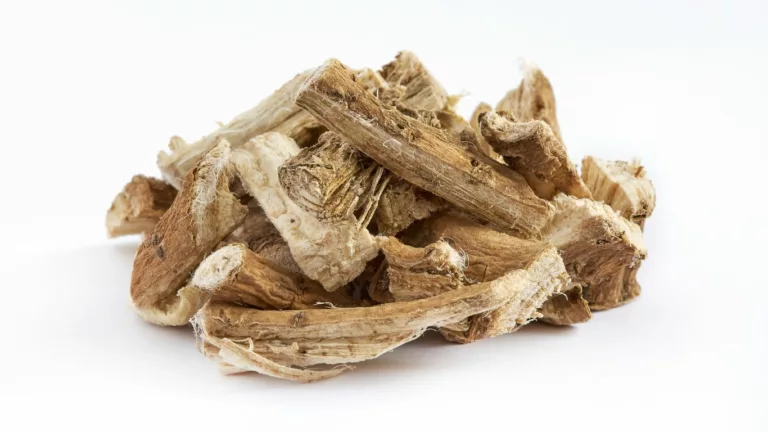How Air Quality Affects Asthma: What You Need to Know
Are you aware of how much the air you breathe can impact your asthma? It’s more than just a mild annoyance—it can seriously affect your health. Let’s break down the connection between air quality and asthma, and why it’s something you need to keep an eye on.
If you’ve got asthma, you probably already know that certain things can trigger your symptoms, like pollen, cold air, or even stress. But one major factor that often goes under the radar is the quality of the air around you. Poor air quality, from pollution to allergens, can make asthma worse or even bring on an attack. This article will help you understand why that happens, and what you can do to protect yourself.

What Exactly is Air Quality and Why Does It Matter for Asthma?
So, first off, let’s break down what we mean by “air quality.” It’s all about the level of pollutants and allergens in the air around you. These can include things like car exhaust, industrial emissions, pollen, mold, and even smoke from wildfires. When the air quality is poor, it means there are more of these particles floating around, which can irritate your lungs and trigger asthma symptoms.
Asthma is a chronic condition that affects your airways, causing them to become inflamed and narrowed. When the air you breathe is full of irritants, it’s like throwing gasoline on a fire. The pollutants in the air can make your airways even more sensitive, which is why air quality is so important.
How Does Poor Air Quality Affect Asthma?
Now, let’s dive into how exactly poor air quality messes with your asthma. When you breathe in bad air, it can cause a few things to happen:
1. Increased Inflammation in the Airways
The pollutants and irritants in the air can cause your airways to become more inflamed. This is one of the main things that triggers an asthma attack. Think of your airways like tiny tubes in your lungs. When they get inflamed, it’s harder for air to pass through, which leads to coughing, wheezing, and shortness of breath.
2. Sensitization of the Airway Muscles
Your airway muscles can become more sensitive to irritants when you’re exposed to poor air quality regularly. That means even a small amount of pollution could cause your asthma to flare up. This is why people who live in areas with high levels of pollution tend to have more frequent asthma attacks.
3. Triggers Like Pollen, Mold, and Dust
In addition to air pollution, allergens like pollen and mold can make asthma worse. When the air quality is poor, these allergens are more likely to be floating around in higher concentrations. If you have allergic asthma, this could mean extra flare-ups during pollen season or in damp, moldy environments.
4. Respiratory Infections
Poor air quality can also make you more susceptible to respiratory infections. When your airways are already irritated by pollution, they’re more vulnerable to bacteria and viruses. This is especially concerning for people with asthma, as infections can lead to more severe symptoms.

Types of Pollutants That Impact Asthma
Understanding which pollutants are the most harmful for asthma can help you better manage your environment. Some of the worst offenders include:
1. Ground-Level Ozone
This is a major component of smog and can cause your airways to tighten, leading to wheezing and difficulty breathing. It’s especially bad during hot, sunny days and in areas with heavy traffic.
2. Particulate Matter (PM2.5 and PM10)
These tiny particles are small enough to get deep into your lungs. They can come from car exhaust, construction sites, and wildfires. PM2.5 is the most dangerous because it’s so fine that it can get past your body’s natural defenses and cause long-term damage to your respiratory system.
3. Nitrogen Dioxide (NO2)
This comes from cars, trucks, and power plants. Nitrogen dioxide can irritate your lungs and make it harder to breathe, particularly for people with asthma or other respiratory conditions.
4. Volatile Organic Compounds (VOCs)
These are chemicals that can evaporate into the air, often from things like paints, cleaning products, and car exhaust. VOCs can make your asthma worse by irritating the airways.
How to Protect Yourself from Poor Air Quality
While you can’t control the air quality outside, there are definitely steps you can take to protect yourself from harmful pollutants and allergens. Here are a few tips:
1. Check the Air Quality Index (AQI)
Before heading outside, check the Air Quality Index (AQI) in your area. If it’s high, try to stay indoors as much as possible, especially if you’re sensitive to pollution. Many weather apps and websites provide AQI ratings to help you plan your day.
2. Stay Indoors During Peak Pollution Times
Air quality tends to be worse during certain times of the day, especially in urban areas with heavy traffic. Try to stay inside during peak pollution times—usually early in the morning and late afternoon.
3. Use Air Purifiers at Home
If you’re stuck inside and worried about the air quality, investing in a good air purifier can help. Air purifiers with HEPA filters are especially effective at removing particles like dust, pollen, and pet dander that can trigger asthma symptoms.

4. Keep Your Home Clean and Mold-Free
Mold and dust can exacerbate asthma, so make sure your living space is clean and dry. Use a dehumidifier to control moisture levels, especially in damp areas like basements and bathrooms.
5. Take Your Asthma Medications as Prescribed
If you have asthma, your doctor probably prescribed you an inhaler or other medications to keep your symptoms under control. Make sure you take them as directed, even if you’re feeling fine. That way, you’ll be prepared if the air quality gets worse.
Conclusion
Air quality plays a huge role in managing asthma. By understanding how pollutants and allergens affect your airways, you can take steps to protect yourself. Remember to keep an eye on the air quality in your area, and don’t hesitate to take precautions, whether that means staying indoors, using air purifiers, or sticking to your asthma meds. By staying informed and proactive, you can breathe easier and reduce the risk of asthma flare-ups.

Appendices
FAQs
- How can I check the air quality in my area? You can check the Air Quality Index (AQI) through weather apps, websites, or local news stations. Many apps give real-time updates on air pollution levels.
- Does air pollution only affect people with asthma? No, air pollution can affect anyone, but it is particularly harmful to those with asthma, allergies, or other respiratory conditions.
- What are the most common asthma triggers related to air quality? Common asthma triggers include pollen, smoke from wildfires, car exhaust, and ground-level ozone.
- Can air purifiers really help with asthma? Yes, air purifiers with HEPA filters can help reduce allergens and pollutants in your home, which can improve air quality and reduce asthma symptoms.
- Is it safe to exercise outdoors with asthma when the air quality is poor? If the air quality is bad, it’s better to avoid outdoor activities. Exercise indoors or choose times when pollution levels are lower.
References
- American Lung Association. (2023). How Air Quality Affects Asthma. Read Article
- Centers for Disease Control and Prevention (CDC). (2023). Asthma and Air Quality. Read Article
Disclaimer
Disclaimer: The information provided in this article is for educational purposes only and does not substitute for professional medical advice. Always consult your healthcare provider regarding asthma management and air quality concerns.














